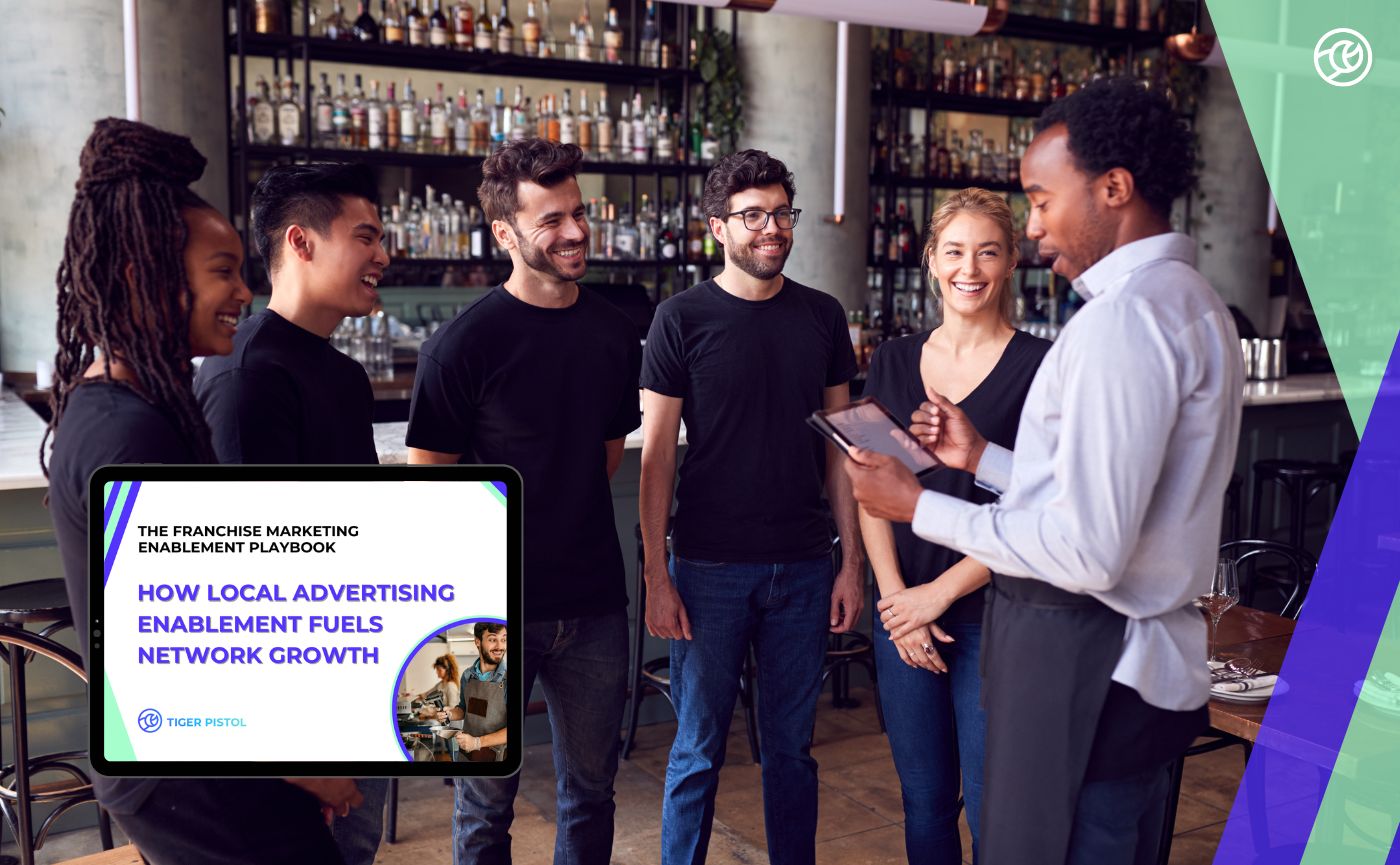The Evolving Landscape of Social Media: Trends Redefining the Industry
The social web is undergoing a major shift. Centralized apps like Reddit and Twitter are losing users due to factors that include the rise of misinformation and harassment on centralized platforms, as well as the growing desire for privacy and security. (Let’s not forget each of these platforms has increased friction in the user’s experience as well which is likely driving this sentiment and decreasing usage.)
As a result, the social web is becoming increasingly fragmented, with users gravitating towards different platforms depending on their needs and preferences. For example, Discord is popular among gamers, while Signal is popular among activists and journalists. This fragmentation has several implications for the social web, including the rise of new forms of social media fit for a specific purpose rather than everything occurring on one platform.
An Outlet for Rising Concerns
According to a recent study by the Pew Research Center, 63% of social media users are concerned about the amount of personal data collected about them online. This concern is driving users towards platforms that offer more privacy and security, such as those in the Fediverse.
The Fediverse is a decentralized network of social media platforms designed to be more privacy-friendly than centralized platforms like Facebook and Twitter. On the Fediverse, users have more control over their data, and they can choose to share their data with only the people they want to share it with.
The Fediverse is still a relatively new project, but it has grown rapidly in recent years. In 2022, the Fediverse had an estimated 10 million active users. This growth is likely to continue as more users become aware of the privacy and security benefits of the Fediverse.
From Centralized to Decentralized: Embracing Community Ownership
In recent years, a paradigm shift has occurred as social media users seek more intimate connections. Centralized platforms no longer meet their needs, leading to the rise of private, or decentralized, social media networks. Smaller social players like Mastodon and BlueSky made headlines last year, but Meta’s Threads and its impending move to ActivityPub is bringing the social media decentralization trend mainstream. These closed environments foster deeper relationships among close friends and family. Shielded from the noise and, at times, the toxicity of the centralized sphere, users experience enhanced privacy and security. Brands can capitalize on this trend by leveraging these decentralized platforms to forge deeper connections with their target audiences, employing personalized strategies that resonate in these intimate settings.
From Growth and Engagement to Revenue: Monetizing the Social Space
Social media platforms have realized that the era of exponential growth and engagement is no longer enough to sustain their business models. As a result, a pronounced shift has occurred, with platforms hyper-focusing on revenue generation. By exploring innovative avenues like advertising, subscriptions, and other monetization models, social media companies aim at turning their vast user bases into lucrative financial opportunities. These platforms are recognizing that localization and personalization are imperative in advertising on community-based platforms. Brands should align their marketing strategies accordingly, seeking to maximize their return on investment by utilizing these platforms’ evolving advertising and promotional tools.
From Connecting People to Entertaining Audiences: The Rise of Social Media as an Entertainment Hub
While social media’s primary purpose has been connecting people, a seismic shift has transformed these platforms into thriving entertainment hubs. Recognizing the immense profitability of capturing users’ attention through engaging content, platforms are investing heavily in content creation and distribution capabilities. Video, audio, and visually appealing content formats are taking center stage, captivating audiences and driving user engagement. Brands can harness the power of social media’s entertainment transformation by strategically crafting captivating content that resonates with their target audiences, ensuring increased visibility and consumer engagement. Moreover, localizing this content will supercharge its relevancy and improve engagement, while localization dramatically reduces the cost of advertising. As social media evolves, it is imperative for brands to recognize local as a lever to engage communities within the platform.
The social media landscape is swiftly evolving, reshaping user interactions, consumption patterns, and engagement on these platforms. From the move towards decentralized social media spaces to the monetization of user bases and the growing prominence of social media as an entertainment channel, brands must adapt to these transformative trends to stay ahead of the curve. By recognizing these shifts and integrating them into their marketing strategies, they can effectively connect with their audiences, drive revenue, and capitalize on the dynamic opportunities presented by this ever-changing digital realm.
Discover how Tiger Pistol can power your local advertising success.
Related Posts
How Beauty and Wellness Brands Outperform Facebook Benchmarks with Local Advertising
Beauty and wellness thrive on personal connections and visual storytelling. However, many national campaigns fail to capture the localized nuances that drive engagement and sales. For franchises and multi-location Beauty and wellness businesses, this gap can mean missed opportunities for deeper customer connections and higher conversion rates. Tiger Pistol̵
Tiger Pistol Releases Franchise Marketing Enablement Playbook
New Playbook Explores How a Franchise Advertising Operating System Transforms Local Advertising Into a Scalable Growth Engine Tiger Pistol, the premier local advertising platform that streamlines and simplifies local advertising through the power of AI and advanced automation, today announced the release of its latest thought leadership resource for franchise b
Where QSR Decisions Happen Now: Facebook, Instagram, TikTok
Diners no longer wait for ads to find them—they seek out what they want in the moment. That moment happens on Facebook, Instagram, and TikTok. It’s visual, mobile, and driven by algorithms that prioritize relevance over reach. For QSR marketers, the question isn’t whether to advertise on these platforms. The question is how to do […]
Driving Franchisee Adoption for Local Advertising
We all know that presenting new solutions to your franchise board of fervently independent owners takes a certain finesse, not to mention bravery. But you’ve done your research and know that your solution will drive meaningful results. Make your pitch perfect by concentrating on the three “Ps” for program adoption success. Pitch Create a compelling [&hell





